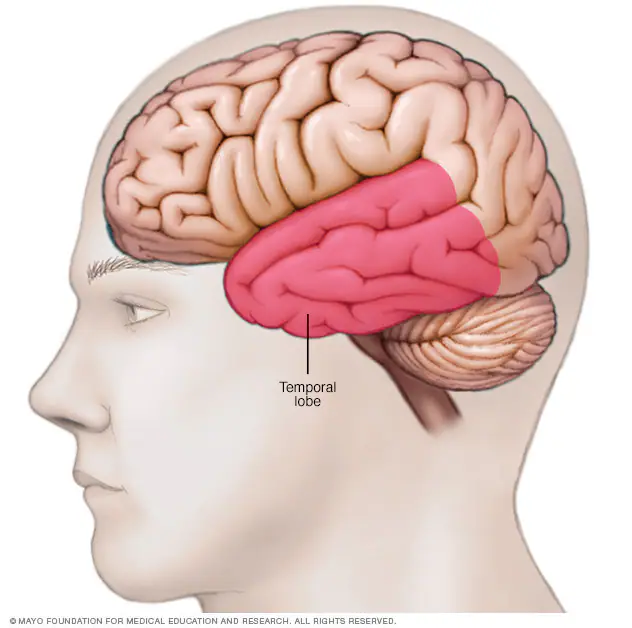At Goutam Neuro Care, located in KPHB and Kompally, Hyderabad, we specialize in Epilepsy Neurosurgery and provide exceptional care for individuals suffering from epilepsy. Our team consists of the best doctors for epilepsy treatment in Hyderabad, offering advanced diagnostic tools and cutting-edge treatment options tailored to each patient's needs. We are known for our expertise in epilepsy surgeries, providing effective solutions to manage and treat epilepsy.
If you are looking for an epilepsy specialist in Hyderabad, you can trust our experienced professionals to offer personalized care and guidance. Our highly skilled epilepsy surgeries doctors in Hyderabad are trained in the latest surgical techniques to ensure optimal results and improve patients' quality of life.
At Goutam Neuro Care, we are committed to being recognized as the best hospital for epilepsy treatment in Hyderabad, with a focus on providing the highest standard of care in a compassionate and supportive environment.
Choose Goutam Neuro Care for your epilepsy treatment and epilepsy surgery needs, and benefit from the expertise of our dedicated team, committed to delivering outstanding results and enhancing your well-being.
The two main goals of epilepsy surgery are:
The objective of surgical intervention is to eradicate the abnormal electrical discharges in the brain leading to seizure disorders. Various neurosurgical techniques are employed to achieve this goal, including the removal of anomalous brain tissue, disconnecting abnormal brain areas from surrounding normal structures, and employing procedures to modulate aberrant brain function and restore normal neurological activity.
The neurosurgeons at Goutam Neuro Care collaborate closely with a multidisciplinary team, including neurologists, neuropsychologists, neurophysiologists, and neuroradiologists, all possessing specialized expertise in evaluating patients with seizure disorders. A thorough evaluation and testing process is essential to pinpoint the specific brain region responsible for seizures and to assess the suitability and potential impact of surgical intervention. The center is equipped with state-of-the-art diagnostic technologies, including EEG, Video EEG, Brain MRI, Interictal PET Scan, Neuropsychology testing, Psychiatric evaluation, functional brain MRI, and invasive (intracranial) monitoring.
Upon indications from the pre-surgical assessment that surgery could be advantageous, patients might proceed with one of the following procedures:
Epilepsy surgery, a neurosurgical procedure, carries inherent risks, and some mild discomfort may be experienced afterward. The recovery duration is individualized, and the length of hospital stay depends on the specific procedure undertaken. Typically, individuals can return to normal activities within a range of 2 to 8 weeks following the operation.
 Epilepsy & Surgery
Epilepsy & Surgery
© Goutam Neuro Care. All Rights Reserved. Developed & Digital Marketing by DGTAL HEALTHCARE MARKETING AGENCY